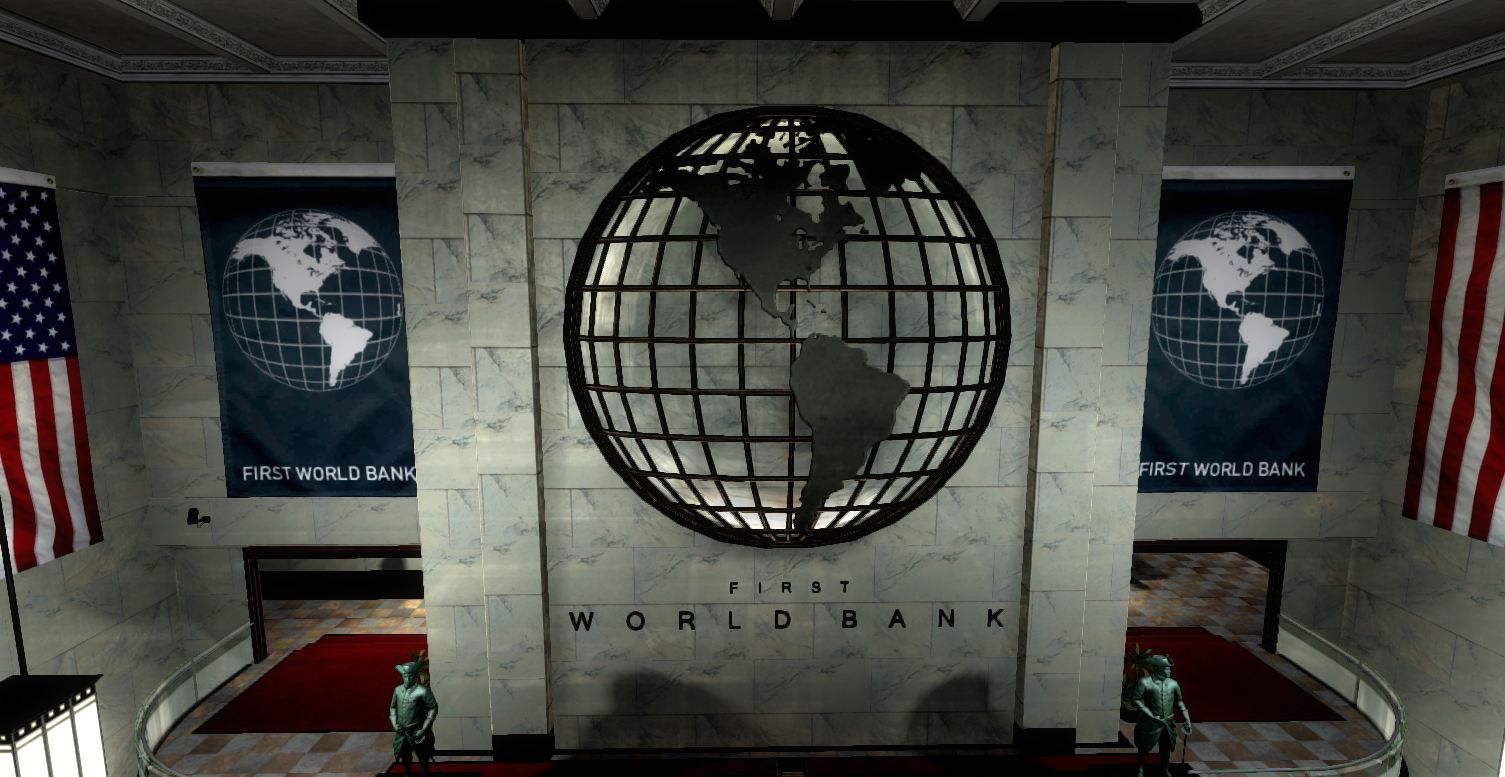
“The dynamics of investments are closely related to the progress of two important energy projects funded by direct foreign investments (TAP and Devolli hydro plant)”, World Bank experts say, implying that this will slow down economic growth. “As far as financing is concerned, direct foreign investments declined by 7%, because the activities which relate to the two biggest energy projects, culminating in 2016, started to decrease”, they say.
On the other hand, they also mention “weaknesses that relate to uncompleted reforms in the energy sector”, which forces the government into reviewing the budget, due to the necessary funds needed to purchase electricity. On the other hand, World Bank experts also predict other risks for the Albanian economy, such as higher interest rates on a global level, which put pressure on the budget. “Now, it’s more vital than ever that Western Balkan countries preserve the pace of reforms with the aim of improving living standards for all the citizens of these countries”, Linda Van Gelder, regional director of the World Bank for Western Balkans says. Meanwhile, she also says that “it’s encouraging to see that a decade after the global financial crisis, employment is recovering and is reaching levels before the crisis in majority part of the Western Balkan countries”.
The 1 Billion Package must not be used on roads
“We recommend these contracts to be treated in line with international standards. The ministry of Finance must have a bigger control over PPPs due to the obligations stemming from the budget law”. This is the recommendation that the World Bank has made for the “1 Billion Euro” project, which the government is planning to apply next year. So, Ilda Shijaku, expert for Albania, says that the World Bank this program is a big package of investment. According to her, the government must make a clear and detailed analysis on the benefits of these projects. “What’s more important for us is to improve the economic environment as far as the funding of special projects from the 1 Billion package is concerned”, she appealed. Meanwhile, Shijaku adds that besides roads, the government should also invest in other sectors such as railways, etc. This way, the World Bank is in line with the IMF, which has requested a detailed cost-profit analysis for all PPP projects and their reporting according to international standards. This means that they should be registered as public debt and not be a hidden debt.
Western Balkans, economic growth will not exceed 2.6% this year
The World Bank says that this year’s economic growth for Western Balkans will be 2.6%. This year’s figure is even lower than the previous year, with 2.9%. “All six countries of Western Balkans are expected to register economic growth in 2017. Meanwhile, this growth is expected to accelerate to 3.3% in 2018 and 3.6% in 2019”, the World Bank report states. Meanwhile, the report also says that “investments contributed for a strong economic growth in Albania, Kosovo and Montenegro, while consumption led to a sustainable growth in Bosnia and Herzegovina”. “The earlier crisis in FYROM and the harsh winter in Serbia, caused the economies of these two countries to shrink”, the World Bank clarifies.




 ALB
ALB
 ENG
ENG
